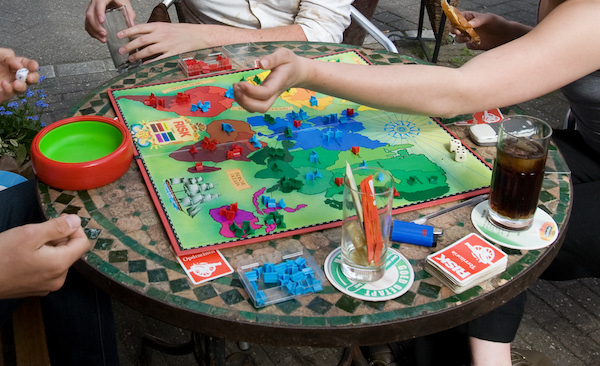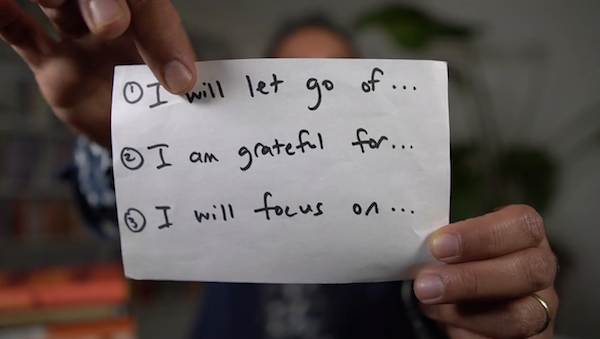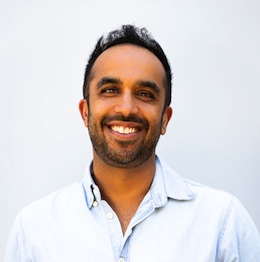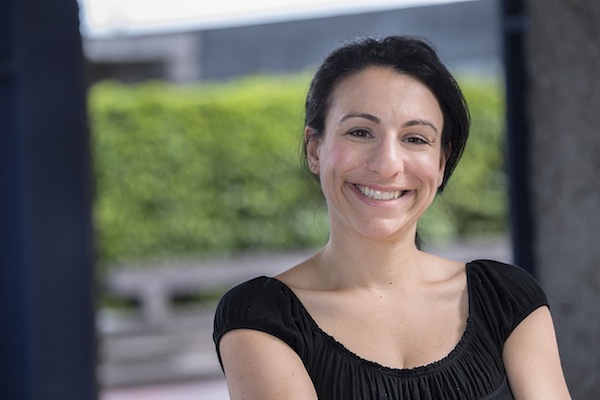Playing the game of Risk. (photo © Jorge Royan)
I’ve always thought of the Nordic region as peaceful. Admittedly, my knowledge of the area is largely limited to Risk, the board game, where Greenland, Iceland and the Scandinavian countries are considered a haven, free of imminent attack from the throw of a dice.
Well, Finland just purchased Israel’s David’s Sling defensive system. For $345 million US. It was one of Finland’s first moves after recently being accepted into the North Atlantic Treaty Organization. And it was the first sale abroad for David’s Sling, an integrated part of Israel’s multi-tier missile defence system. Israel now carries the title of major supplier to NATO.
I guess the world’s a bit more complicated than Risk.
***
So long, Noa Tishby, the Israeli performer appointed by our previous prime minister, Yari Lapid, to advocate for Israel through her strong social media presence. With the formal and former title of special envoy for combating antisemitism and delegitimization of Israel – fit that onto a business card! – she was known for sparring with BDS advocate Bella Hadid and others. Tishby was also a vocal supporter of Israel’s anti-judicial reform movement. Giving voice to the many thousands protesting the current government and its extreme shift rightward and into sometimes theocratic territory, Tishby says this was the reason for her dismissal. Well, ya. As the hawkish Jerusalem Post editorialist Ruthi Blum noted, “Tisbhy is free to share [her opinion]. But she shouldn’t have expected the government she’s been bashing to keep her as a representative.” Well, no. But keep on truckin’ Noa Tishby.
BTW, Tishby will be a guest at the JNF Negev event in Vancouver on June 29.
***
Israel’s Tel Aviv Museum of Art is again among the world’s 100 most visited museums. This according to international art magazine The Art Newspaper. TAMA was ranked 49th in 2022, a jump from its 56th place the year prior. I am fortunate to be one of those visitors, on multiple occasions, over the past many years, often dragging my two children there when they were younger – how fun was that!
Paris’s Louvre and the Vatican Museum took first and second place, respectively. Canada was represented with a 60th place win by Toronto’s Royal Ontario Museum.
***
Congratulations Milk & Honey, Israel’s preeminent whisky distiller, awarded the 2023 world’s best single malt whisky by the World Drink’s Awards for its Elements, Sherry Cask drink. Described as “[f]ruity aromas of citrus zest and white peach with a dash of wood varnish. Sweet to the taste … with flavours of golden syrup, vanilla, tropical fruit and iced tea.…” Sounds like a palate pleaser to me. But, if I had to choose, my favourite would be Seagram’s Five Star rye whisky. Not so much for its taste but for fond memories of fighting with my siblings for the silver sheriff’s star glued to the bottles.
***
Jerusalem was selected by Time magazine as one of the world’s 2023 top 50 destinations, holding the 48th spot. It’s one of my favourite places to visit on a bustling Friday, starting with a walk through the overcrowded neighbourhood of Mea She’arim and enjoying a freshly baked challah. Then, bargaining my way through the Old City’s Arab Market, its tastes, smells and sights, and eventually making my way to the Western Wall, with the golden Dome of the Rock overhead. Ending with lunch at Machane Yehuda, the popular central Jerusalem food market, which has the freshest of meats and vegetables, and many colourful stalls.
Not to be outdone, Canada held two spots. Churchill was third – can’t beat those Northern Light spectaculars. Vancouver was 38th, for its eclectic cuisine and the beautiful Stanley Park.
***
For sure, difficult days in Israel. Sociopolitical cultures are clashing internally. External enemies are looking on with glee, and testing us. But we’re not sinking into despair. Israel has experienced difficult times before and emerged stronger and wiser. So it will be this time.
Arguably, we are being governed by the worst government in our short history – for many reasons, including recent security challenges. I mean, come on, with someone as inexperienced and reactionary as Itamar Ben-Gvir as national internal security minister. Or Finance Minister Bezalel Smotrich spouting off on things about which he should know better and doesn’t. But let’s not blame the victims for the terror and rockets. Hezbollah, Hamas, Iran, an inept Palestinian leadership with a hateful street – they are to blame, not the government.
Usually, it’s the right-wing governments that muster support for the very difficult realpolitik choices, from Menachem Begin’s 1982 Sinai exit to Ariel Sharon’s 2005 Gaza disengagement. Even Binyamin Netanyahu’s 2021 peace deals with several Arab countries under the Abraham Accords. Unfortunately, Netanyahu’s current government may be too inexperienced and messianic to enable reasonable, democratic, liberal change – read judicial reform – at such a scale. But who knows.
We cannot despair. At a very esoteric level, Israelis have hope. In fact, hope is the theme of our national anthem, Hatikvah, The Hope.
***
According to the World Happiness Report, published by the Sustainable Development Solutions Network, Israel remains one of the happiest countries in the world. (See jewishindependent.ca/measuring-happiness.) Rising to fourth place in 2023, just behind Finland, Denmark and Iceland, Israel’s showing likely reflected its reputation as a “villa in the jungle,” as dubbed by former prime minister Ehud Barak – despite being in the Middle East, one of the most contentious spots … on the Risk board.
Bruce Brown is a Canadian and an Israeli. He made aliyah … a long time ago. He works in Israel’s high-tech sector by day and, in spurts, is a somewhat inspired writer by night. Brown is the winner of the 2019 AJPA Rockower Award for excellence in writing, and wrote the 1998 satire An Israeli is…. Brown reflects on life in Israel – political, social, economic and personal.






